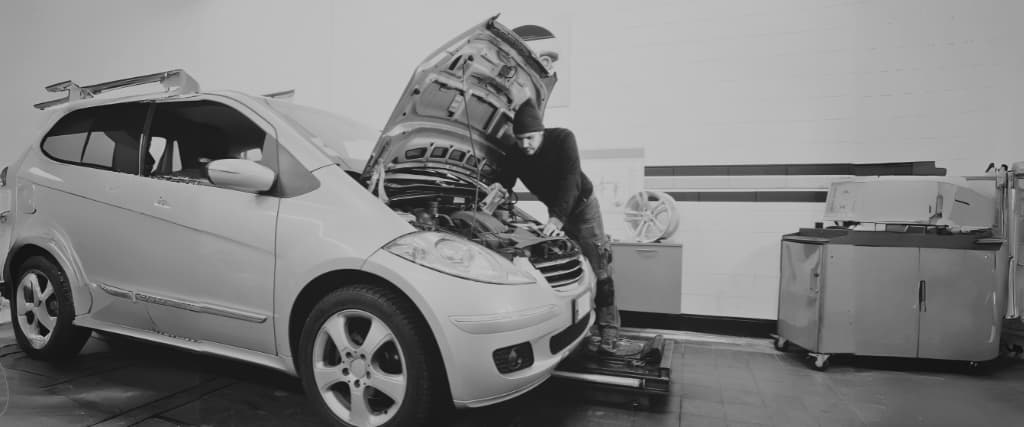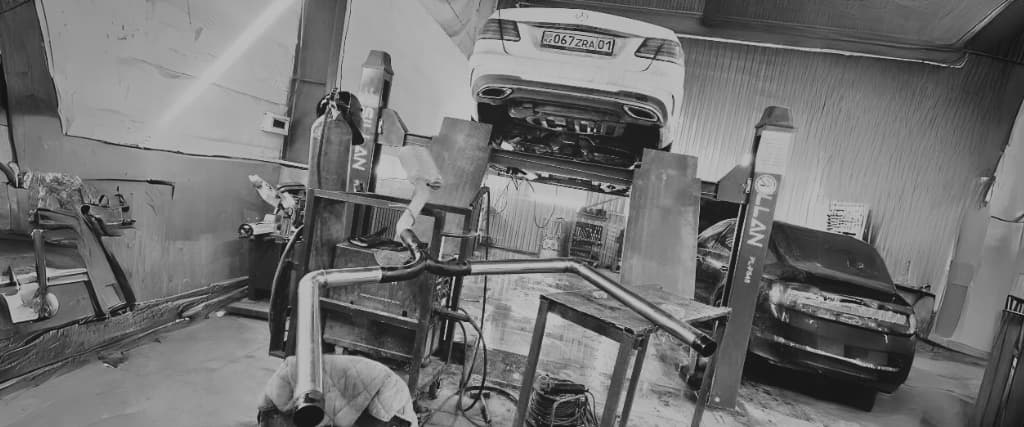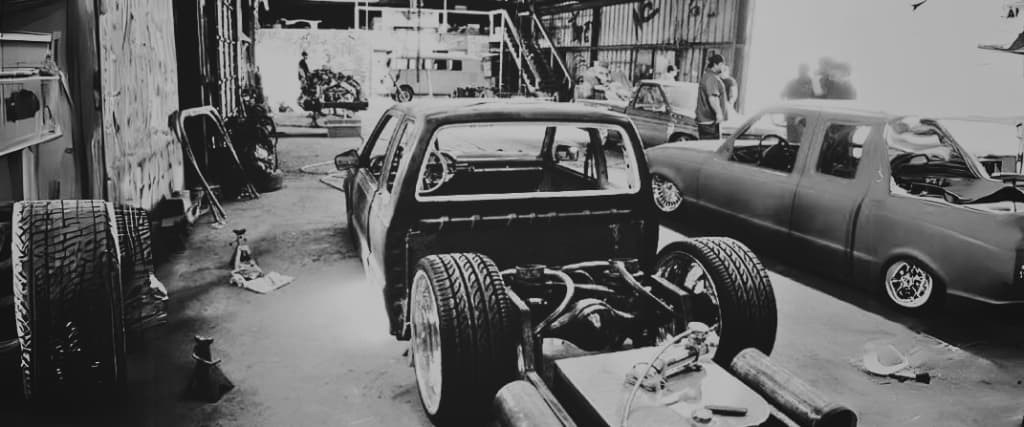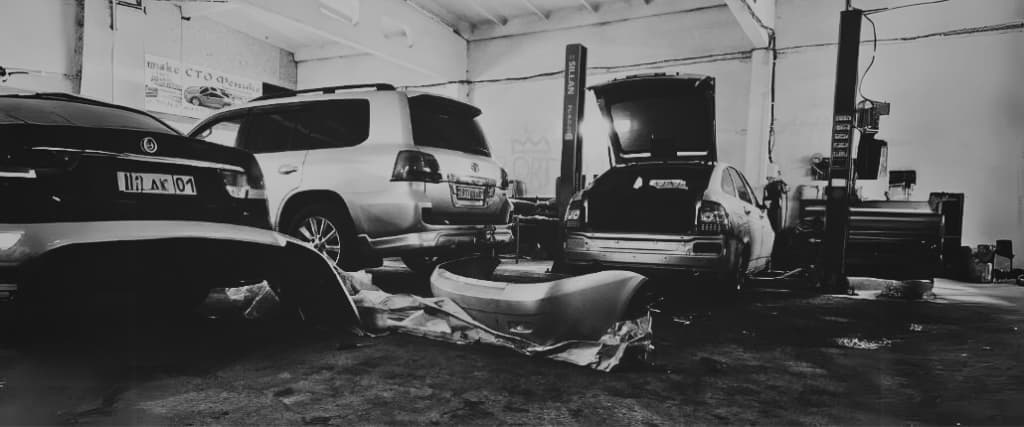Car servicing is integral to vehicle ownership; even though it can be costly, service failure regularly can be costly in the long run. The cost of car servicing can vary depending on several factors, such as the type of vehicle, the location, and the extent of the services required.
Generally, car servicing can range from a basic oil change and inspection to more comprehensive services that replace parts and systems. This article will walk you through the costs of servicing a vehicle in Australia.
Vehicle Service Costs

The average cost of car servicing can vary depending on several factors. The average cost of a basic vehicle service ranges from $150 to $250, while a major service can cost between $400 and $600.
Factors that can influence the vehicle servicing costs include the car make and model, vehicle age and the extent of the services required. Luxury cars may require more specialised services and parts, increasing service costs.
Similarly, older vehicles may require more frequent and extensive servicing, which can also increase costs.

Besides the basic and major services, you may also need to budget for additional services such as brake pad replacement, air conditioning, or suspension repairs, which can add to the overall servicing costs.
Prices vary widely depending on the service provider, and finding more affordable options through independent mechanics or specialist service providers is possible.
Additionally, some manufacturers have put forward schemes that allow vehicle servicing to be reduced to a certain limit as long as owners meet certain conditions. The advantage of these schemes is that vehicle owners know how much car servicing will cost in advance.
Average Vehicle Service Costs Across Australia

The car servicing costs in Australia are subject to various factors, including the driver’s residence. Geographical location is a significant determinant in setting the price of car servicing.
The following table provides an overview of the average car service costs across different Australian states:
| Territory | Average Vehicle Service Costs |
| Western Australia | $320 |
| Victoria | $337 |
| Tasmania | $272 |
| South Australia | $304 |
| Queensland | $331 |
| Nothern Territory | $422 |
| New South Wales | $357 |
| Australia Capital Territory | $363 |
Bear in mind that if you’re near the capital city, the car servicing costs will be more expensive. For example, in Sydney, an oil change costs $150, while in Melbourne, it costs between $200 to $250.
Before going for servicing, consult the mechanic about the complete vehicle service to understand what you can expect when the bill comes.
Factors that Influence Car Serving Costs

1. The Vehicles Model and Make
The make and model of a car can significantly affect the car servicing costs. Luxury cars are generally more expensive to service due to their higher-end components and specialised parts.
These vehicles may also require more frequent and specialised services to maintain their performance, resulting in higher servicing costs.
In contrast, standard models and older cars are typically less expensive to service due to their simpler design and more readily available parts. They may require less frequent servicing, resulting in lower overall costs.
Additionally, some car manufacturers offer servicing packages or warranties that can affect the servicing costs. For example, certain luxury car brands may offer free or discounted servicing for a limited period. At the same time, some standard models may come with a basic service package included in the purchase price.
2. Service Type and Timing

Regular servicing can help prevent costly repairs in the future and extend the vehicle’s lifespan. However, if a car has not been serviced for an extended period, it may require more extensive repairs and maintenance, resulting in higher servicing costs.
Moreover, delaying or postponing scheduled servicing increases the likelihood of more significant issues arising, which can be more expensive to repair.
The service type required can also affect the cost of car servicing. A basic service typically involves an oil change, a general inspection of the vehicle’s components, and minor adjustments or repairs as needed.
In contrast, a major service may involve more extensive repairs or component replacements, such as brake pads, air filters, or spark plugs. These more comprehensive services can be more expensive due to the required labour and parts.
The age and condition of the vehicle can also impact the car servicing costs. Older or more heavily used vehicles may require more frequent and extensive servicing, resulting in higher costs.
3. The Mechanic

The mechanic you select can impact car servicing costs. There are several factors to consider when choosing a mechanic or service provider, including their experience, reputation, and pricing structure.
Mechanics with more experience and specialised knowledge may charge more for their services. However, they may also be better equipped to handle complex repairs or diagnose issues that less experienced mechanics may miss.
Choosing an experienced mechanic can result in more accurate diagnoses and efficient repairs, ultimately saving money in the long run. A mechanic’s reputation can also influence the cost of servicing.
Highly reputable service providers may charge more for their services but offer higher quality repairs, more comprehensive services, and better customer service.
Service providers may charge for their services in different ways, such as flat rates, hourly rates, or a combination of both. Some mechanics may also offer package deals or discounts for multiple services.
Car owners must understand the pricing structure of their service provider and compare prices with other mechanics or service providers in their area to ensure they are getting a fair price.
4. Mileage

A car’s mileage can significantly impact the cost of servicing. As a car is driven, its various components and systems undergo wear and tear, which can lead to the need for more frequent and extensive servicing as the vehicle ages.
When a car reaches particular mileage, it may require more comprehensive servicing, such as replacing timing belts, spark plugs or other components that wear out over time.
Additionally, as a vehicle accumulates more miles, it may be more susceptible to issues such as oil leaks, transmission problems, or engine wear, resulting in higher repair costs.
Final Thoughts

Vehicle servicing costs in Australia can vary widely based on various factors, including location, make and model, timing and type of service, and the experience, reputation of the mechanic, and mileage.
Nevertheless, car owners can take steps to manage car servicing costs, such as following recommended service schedules, addressing issues promptly, and selecting experienced and reputable mechanics.
By prioritising regular maintenance and staying informed about the price of servicing, vehicle owners can keep their cars running smoothly and efficiently, extend their lifespan, and save money in the long run.
Frequently Asked Questions
1. How long does a vehicle service take

The time it takes to service your vehicle will depend on the service type you require and the car’s model. If your vehicle is in mint condition and regularly serviced, it’ll take one or two hours. Logbook services typically take between two and four hours.
2. How does mileage affects vehicle servicing costs?

The vehicle maintenance cost for the initial 40,000 km costs approximately $1400. The prices increase steadily after the 40,000 km and peak when you hit 360,000, 300,000, 240,000,180,000, 120,000 and 60,000 km.
3. Should one service a private mechanic or dealership?

The decision of where to service a car should be based on individual circumstances and preferences. Consider factors such as the cost, convenience, expertise of the service provider and warranties offered when deciding.